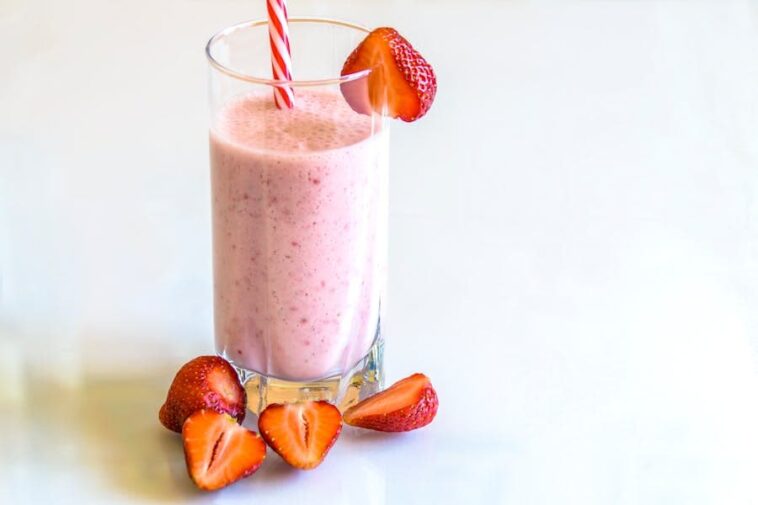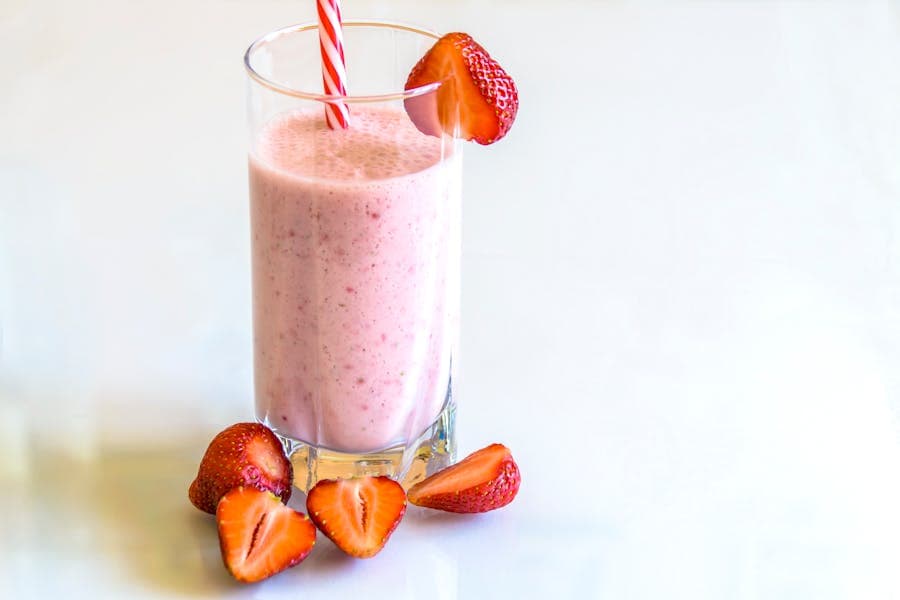Protein shakes and sports bars have emerged as stalwarts of nutritional supplementation, especially among fitness enthusiasts and those with hectic lifestyles. These products promise not only to fuel our bodies with essential nutrients but also to support muscle recovery, weight management, and overall health. However, the burgeoning question remains: are protein shakes and sports bars truly healthy?
This article delves into the nutritional landscape of these popular products and examines their benefits and potential drawbacks to provide a well-rounded perspective.
Understanding Protein Shakes and Sports Bars
Protein shakes and sports bars are designed to serve as dietary supplements. Protein shakes are typically made from protein powder—such as whey, soy, or pea protein—mixed with water, milk, or a milk alternative. They are favored for their convenience and high protein content, which is crucial for muscle repair and growth. On the other hand, sports bars are often packed with a blend of proteins, carbohydrates, fats, vitamins, and minerals, making them a portable and convenient snack option.

The Benefits of Protein Shakes and Sports Bars
- Convenience: Protein shakes and sports bars offer a quick and convenient way to intake essential nutrients, especially for those who are always on the go or have hectic schedules.
- Muscle Recovery and Growth: Protein is vital for muscle recovery and growth. Consuming protein shakes post-workout can give the body the necessary building blocks to repair muscle tissues and support muscle synthesis.
- Weight Management: Protein has a higher satiety level compared to carbohydrates and fats, meaning it can keep you feeling full for longer. This can help reduce overall calorie intake, aiding in weight management or loss.
- Dietary Supplementation: For individuals struggling to meet their daily protein requirements through diet alone, protein shakes and sports bars can serve as an effective supplement.
The Potential Drawbacks
Despite their benefits, protein shakes and sports bars also have their drawbacks.
- Nutritional Variability: The nutritional content of protein shakes and sports bars can vary significantly between brands and products. Some may be high in added sugars, artificial sweeteners, or unhealthy fats, which can negate their health benefits.
- Over-reliance: Relying too heavily on these products at the expense of whole foods can lead to nutritional imbalances. Whole foods provide a broader range of nutrients, including fiber, vitamins, and minerals, that are essential for overall health.
- Digestive Issues: Some people may experience digestive issues, such as bloating and gas, from consuming protein shakes and bars, particularly those with lactose intolerance or sensitivity to certain ingredients.
- Cost: Regularly purchasing protein shakes and sports bars can become expensive over time, making them a less economical choice compared to whole-food protein sources.
Navigating the Market: Choosing Healthy Options
Not all protein shakes and sports bars are created equal. To maximize their health benefits while minimizing potential drawbacks, it’s crucial to be discerning in your choices:
- Read Labels Carefully: Opt for products with minimal added sugars, low levels of unhealthy fats, and without artificial sweeteners or flavors.
- Consider Protein Sources: Look for high-quality protein sources, such as whey protein isolate for those who tolerate dairy or pea and rice protein blends for a plant-based option.
- Check for Fiber and Nutrients: Choose bars that include fiber and a good mix of vitamins and minerals to get closer to the nutritional profile of whole foods.
- Balance with Whole Foods: Ensure protein shakes and sports bars supplement a diet rich in whole foods, including fruits, vegetables, whole grains, nuts, and lean proteins.
The Importance of a Balanced Approach to Nutrition
While protein shakes and sports bars offer convenience and targeted nutritional benefits, they should not overshadow the fundamental principle of a balanced and varied diet. With their complex nutritional profiles, whole foods provide a synergy of nutrients that work together to support overall health in ways that isolated nutrients in supplements cannot fully replicate.
Fruits, vegetables, whole grains, lean meats, and legumes deliver vitamins, minerals, antioxidants, fiber, and a host of phytochemicals essential for optimal body function.
A balanced approach to nutrition emphasizes the importance of diversity in food choices, ensuring that all food groups are represented in one’s diet. This approach not only supports a wide array of bodily functions but also helps prevent nutritional deficiencies and chronic diseases.
For those looking to deepen their understanding of how to integrate supplements like protein shakes and sports bars into a balanced diet, pursuing a masters in sports nutrition online degree can provide comprehensive insights and advanced knowledge.
The Role of Protein in Exercise Recovery and Performance
The significance of protein in the realm of exercise cannot be overstated. It plays a pivotal role in repairing and growing muscle tissues, which are often stressed and damaged during workouts. Muscle protein synthesis, where the body repairs and rebuilds muscle fibers, is heightened after exercise, making protein intake crucial in this window. This is where protein shakes and sports bars come into their own, providing a readily absorbable source of protein that can expedite recovery.
Research suggests that consuming protein shortly after a workout can enhance muscle recovery, increase muscle protein synthesis, and reduce muscle soreness. Therefore, protein shakes and sports bars can efficiently meet the elevated protein needs of athletes and fitness enthusiasts aiming to maximize their performance and recovery.
It’s essential to complement these supplements with a balanced diet rich in whole foods to ensure a comprehensive intake of nutrients. By doing so, individuals can support their body’s recovery process more effectively, leading to improved performance and overall health.
Conclusion
Protein shakes and sports bars can be part of a healthy diet when chosen carefully and consumed in moderation. They offer significant benefits, including convenience, support for muscle recovery and growth, aid in weight management, and can supplement dietary protein intake. However, it’s essential to be aware of their potential drawbacks, such as nutritional variability, over-reliance, possible digestive issues, and cost.
By selecting products wisely and balancing their intake with whole foods, individuals can enjoy the benefits of protein shakes and sports bars without compromising their overall health. Remember, the key to a healthy diet is diversity and balance, with supplements as an adjunct to, not a replacement for, nutritious whole foods.





